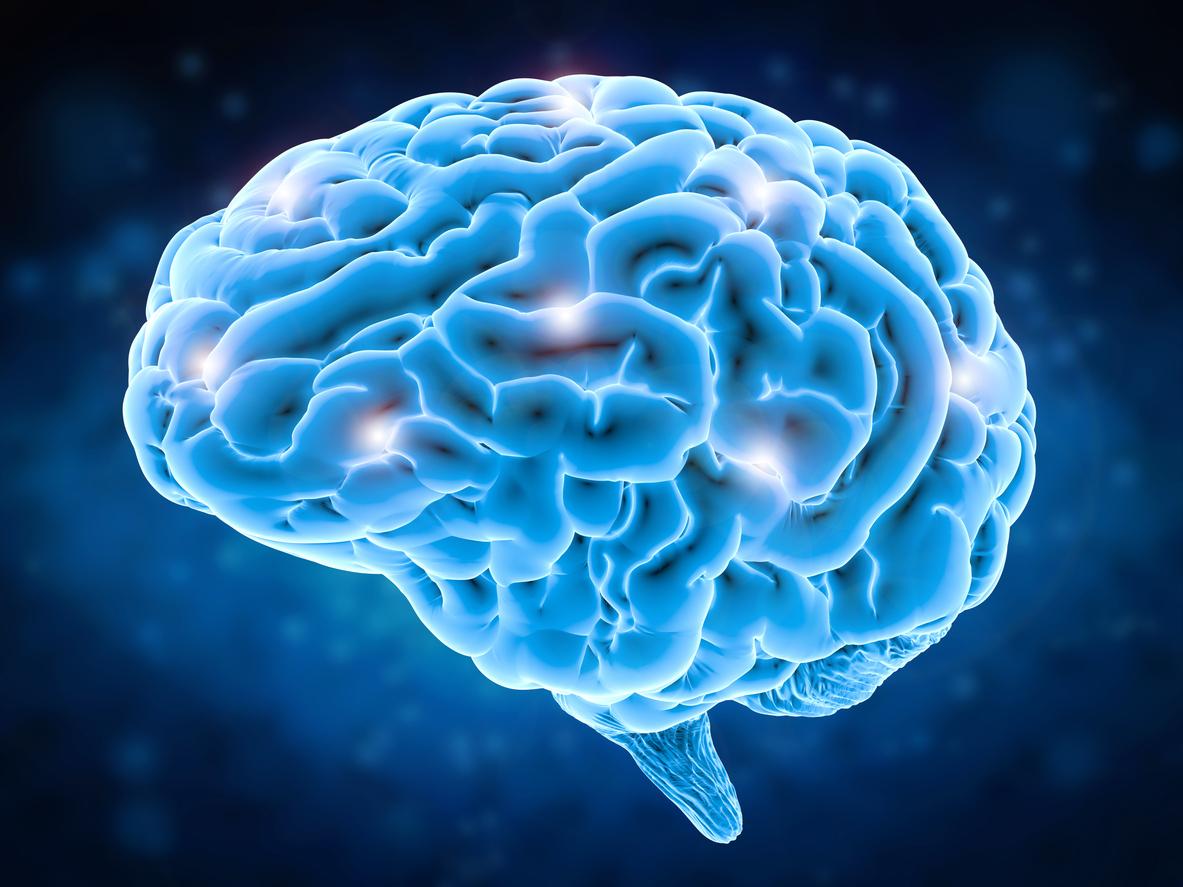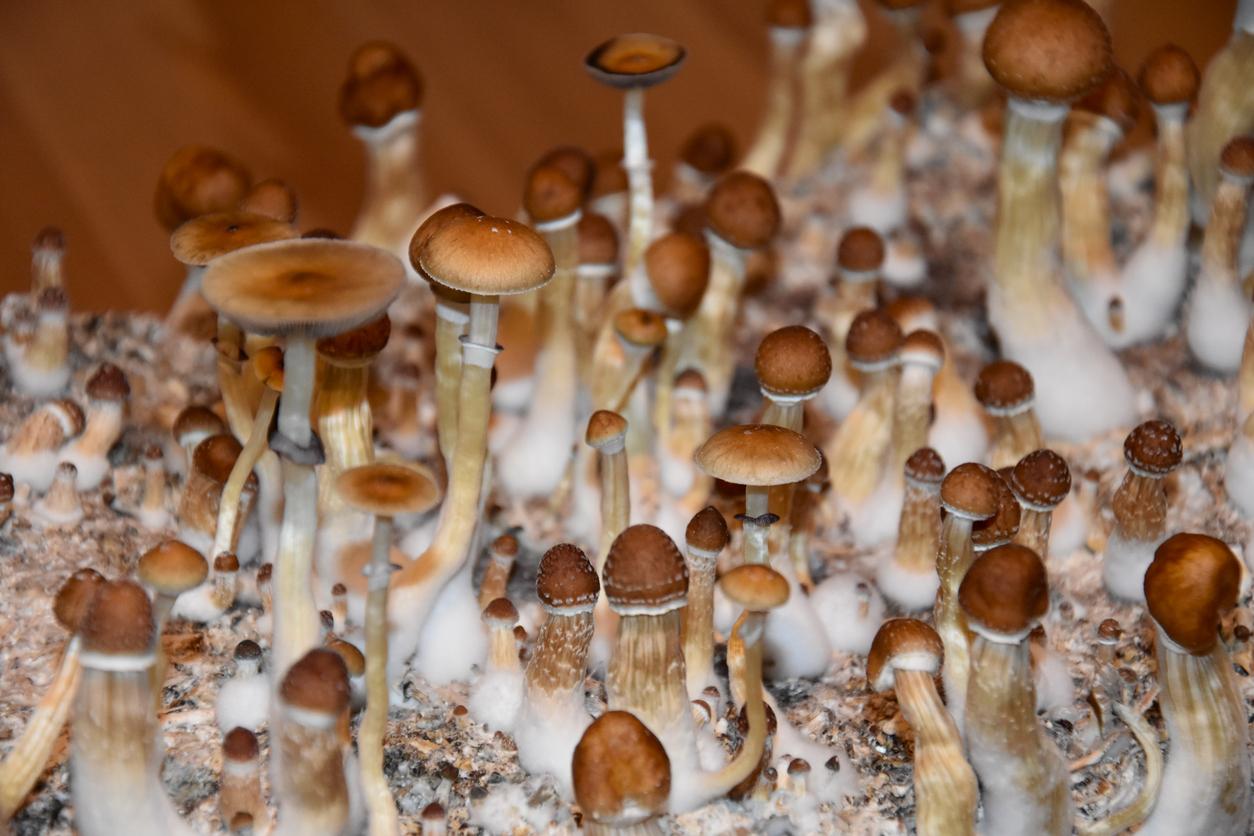Picky eaters may be at greater risk for mental illness later in life. A new American study, carried out by researchers at the Duke Center for Eating Disorders in the United States, has just shown that there is a link between the disorders food childhood and the development of mental illnesses such as depression and anxiety.
The study, published in the journal Pediatrics, was performed on 3,000 children aged 2 to 6 years. About 20% of the children followed by the study were classified as “selective” with their food by their parents. 18% of the children were classified as “slightly selective” and about 3% were in the group classified as “severely selective”. It was observed that the levels of depression and anxiety were twice as high in those who ate highly selective diets.
It is not just the children who refuse to eat their vegetables, but those who make such a strict selection in their diet that this behavior affects their life as well as that of their parents. ” [L’alimentation sélective] can have an impact on the health of the child, on his growth, and on his social life. Children might even think that no one is listening to them and parents, on the other hand, often feel guilty, ”says lead author of the study, Dr. Nancy Zucker.
But eating difficulties can also be due to other reasons, such as a greater sensitivity to the taste and consistency of foods. food. Dr. Nancy Zucker also mentions “the family conflicts that take place around the table” and “mothers who suffer more from anxiety” as all factors that could cause these eating behaviors in children.
“We need to start developing ways to help parents and physicians discern when selective feeding is becoming a real problem and when to intervene,” concludes Dr. Nancy Zucker.
Read also:
https://www.topsante.com/maman-et-enfant/enfants/bien-grandir/enfants-les-troubles-du-comportement-lies-al-insecurite-alimentaire-35899
https://www.topsante.com/maman-et-enfant/ados/vivre-avec-un-ado/image-corporelle-les-enfants-de-8-ans-n-aiment-pas-leur-corps- 252265


















